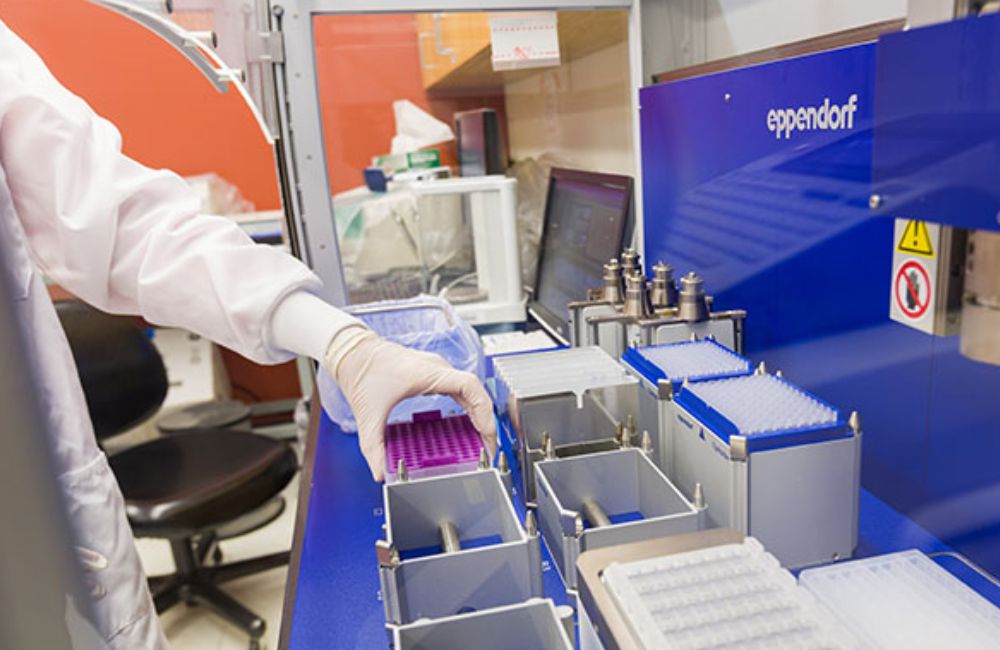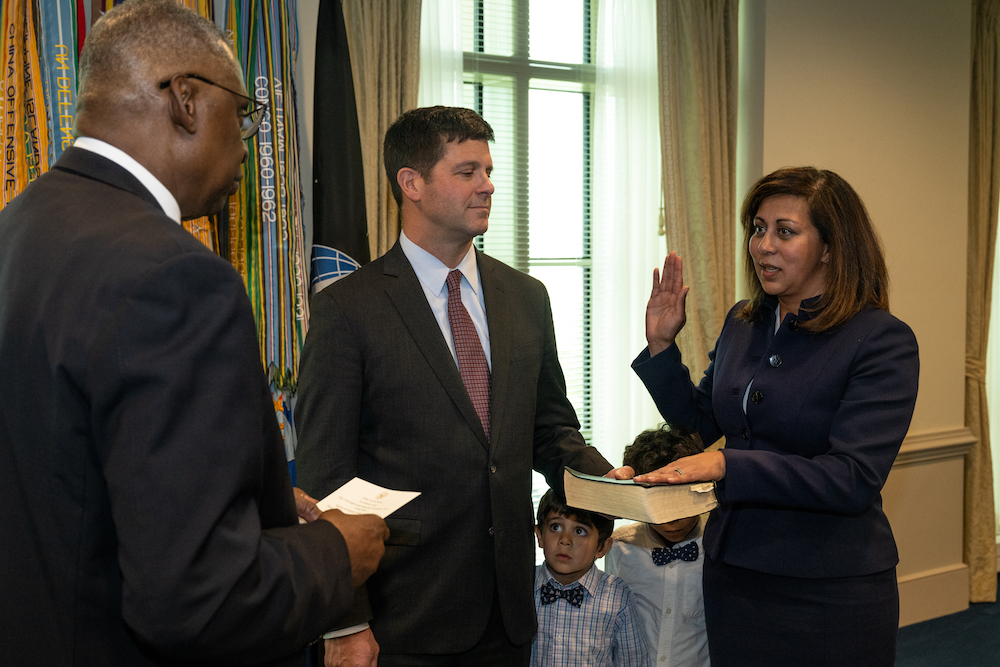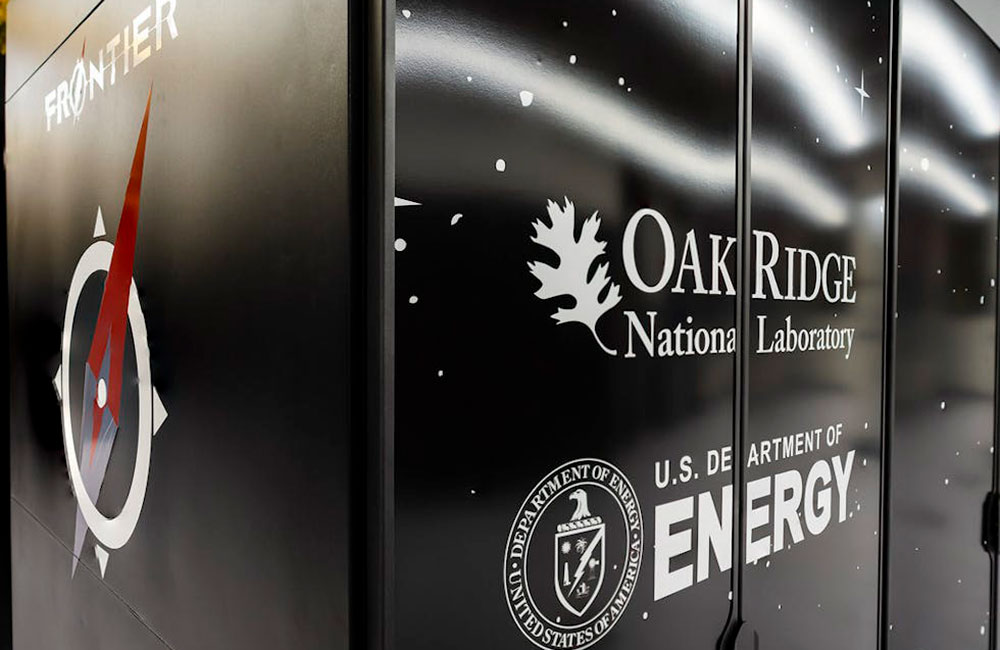VA Targeting Diversity in Genomics Research
The agency’s Million Veteran Program is advancing precision care and treatment for underrepresented populations.

The Department of Veterans Affairs is expanding its genomics research and advancing health care delivery by incorporating more diverse data in its Million Veteran Program, a program official said this week.
The Million Veteran Program is a broad research project that aims to uncover how genes, lifestyle and military exposures affect health conditions to help health care providers offer better preventative care and treatments of physical and mental illnesses. The agency is now working to rectify a deficit in genomic information from certain underserved populations, including women and minority groups.
“Women are really underrepresented in research. If we don’t have that representation, the health care that I’m getting may not be as good as the health care that a male may be getting because we’ve just done more research with those individuals,” said Jennifer Deen, the program’s associate director of cohort and public relations.
Since its launch in 2011, the program has enrolled 835,000 volunteer veterans, but only 75,000 of them were women.
“In order for us to have the data to find those miniscule differences and the DNA for conditions that affect women more differently, we really need to increase the number of women in that cohort,” Deen told GovernmentCIO Media & Research in a press round table. “We need to have diversity there so that we can see if this breast cancer prediction tool, [for example], works for Caucasian women, does it also work for Black women.”
Especially because it relies on volunteer participation, the program plans to prioritize its outreach efforts by partnering with internal offices like the VA’s Center for Women Veterans and also external groups to communicate its mission.
“A lot of our focus right now has been on creating these partnerships with other groups that have that reach and trust with our veteran population and can help talk about what MVP is how we protect information, and that it’s a good idea to consider enrolling and make that informed decision for yourself,” Deen said.
The program focuses on common conditions within both oncology and mental health treatment. To support the advanced data analytics around the genomic data and these conditions, the Department of Energy partnered with VA to provide the necessary advanced computational power.
Three projects currently underway with DOE includes researching prostate cancer prediction, suicide prevention algorithms and cardiovascular risk, Deen said.
Much of these efforts come down to better allocating treatment based on identifying risk factors, allowing health care providers to better serve patients depending on potential outcomes.
“There are people who are treated for prostate cancer right now that have benign prostate cancer, and [health care providers] don’t really have a good way of telling the differences,” Deen said. “So you’re doing an invasive treatment on somebody for whom that may not actually be necessary.”
This is a carousel with manually rotating slides. Use Next and Previous buttons to navigate or jump to a slide with the slide dots
-

The CAIOs Leading Responsible AI Development Across Government
Since the White House's AI executive order, federal agencies are in the process of naming chief artificial intelligence officers.
7m read -

Defense Board to Pitch Solutions for Closing Tech Talent Gaps
Defense Innovation Board members cite need to modernize people management the same way government modernizes technology.
4m read -

Energy Researchers Aim For Holistic Approach to AI Issues
A new center at the Oak Ridge National Laboratory is looking at under-researched areas of AI to better understand how to secure it.
2m read -

5 Predictions for AI in Government Technology
Agencies are setting plans in motion not only to integrate AI into their enterprises, but also ensuring the data that power these systems are fair.
41m watch




